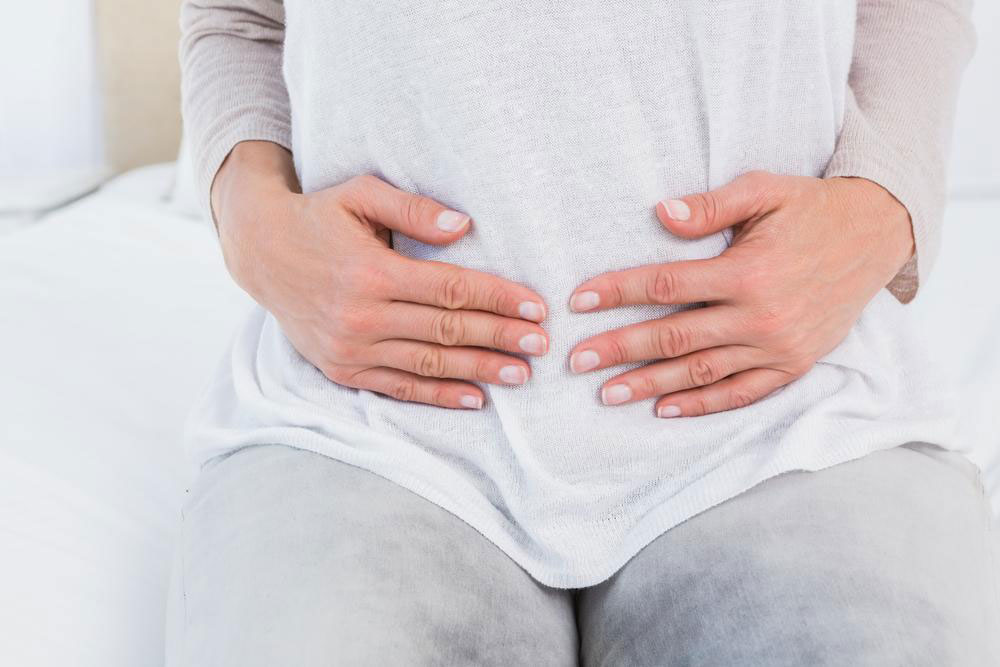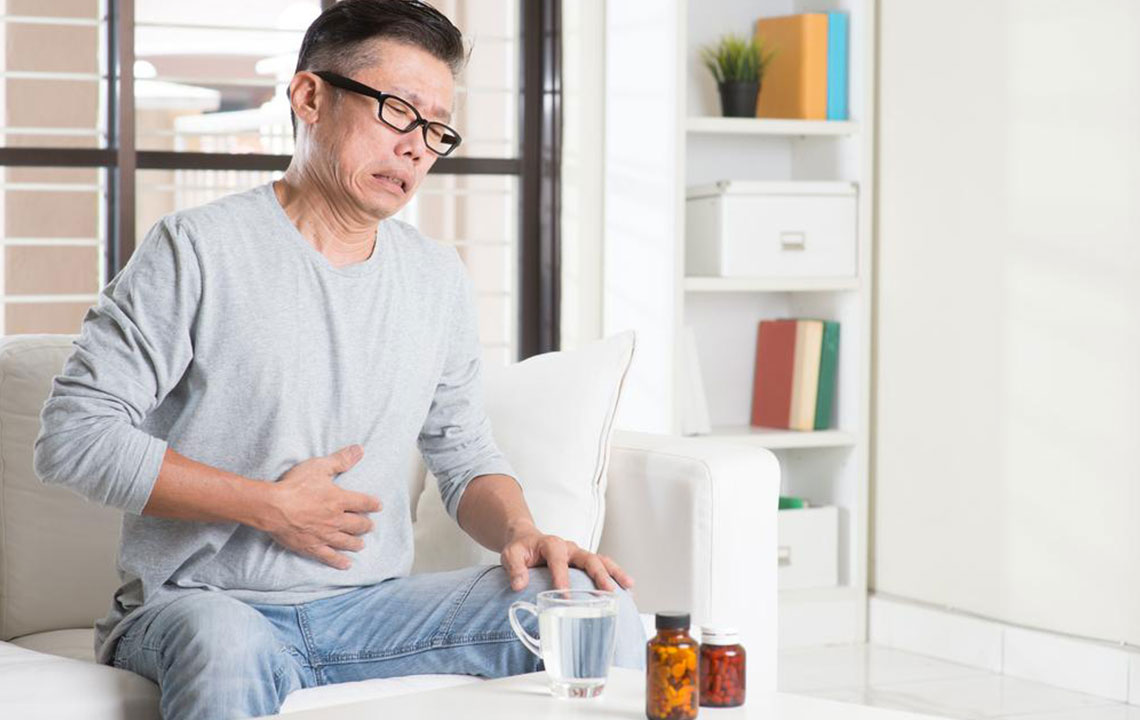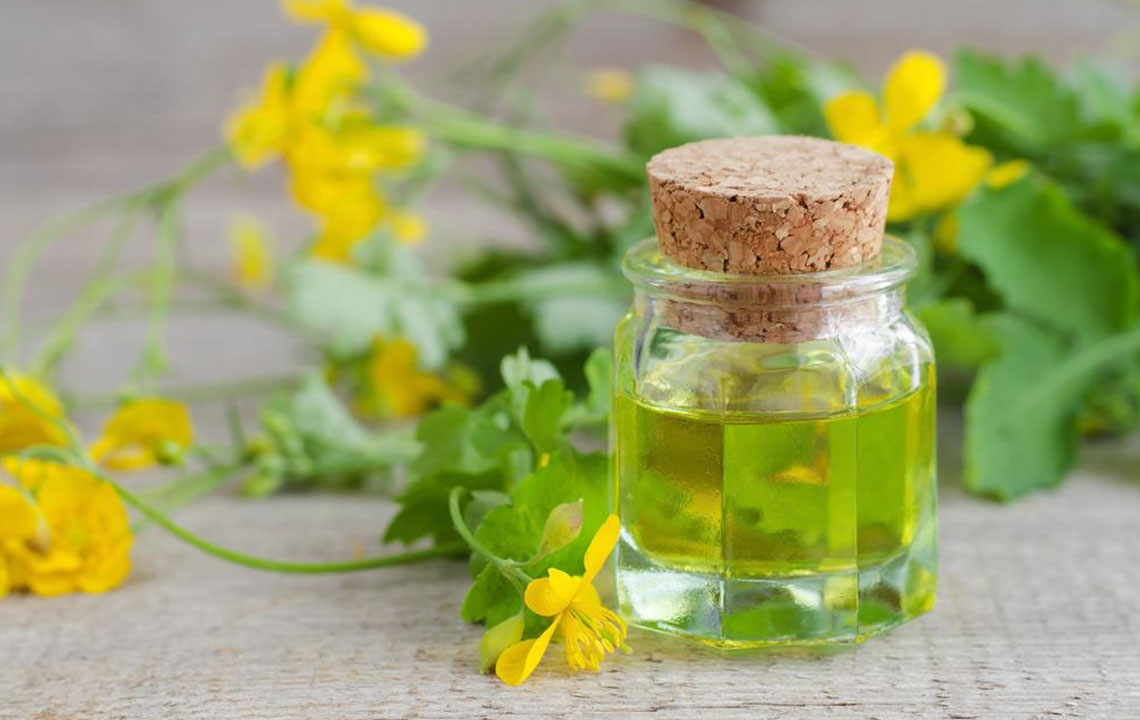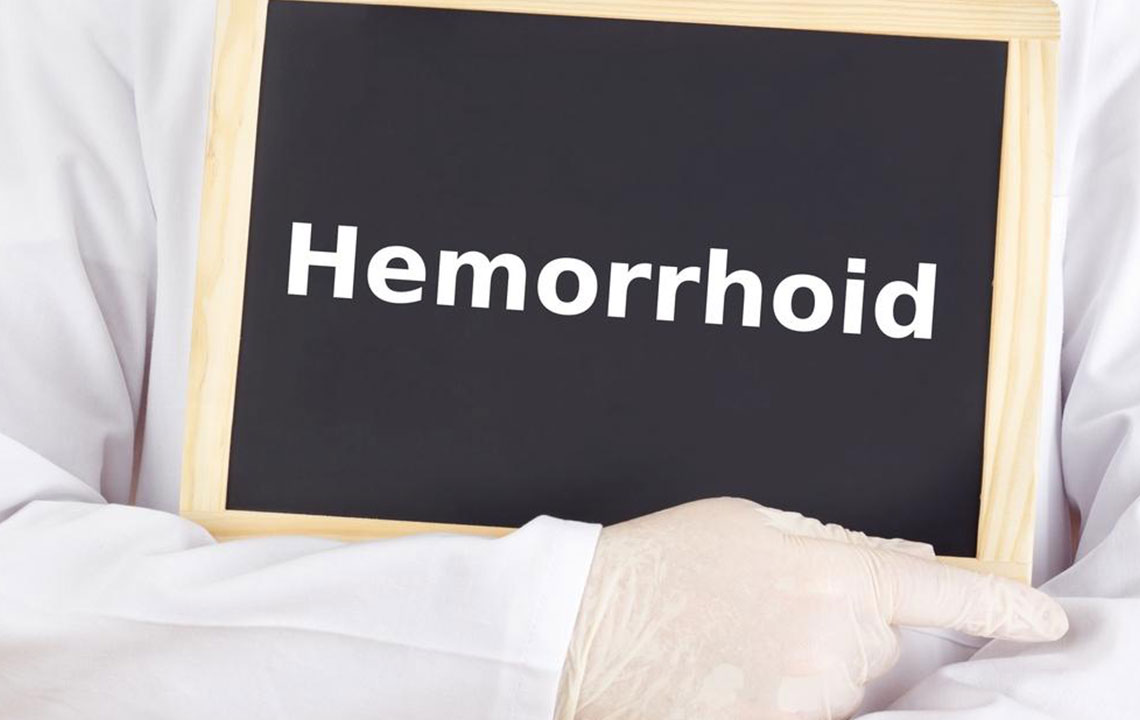Comprehensive Guide to Achieving Long-Term Hemorrhoid Relief
This comprehensive article offers detailed insights into managing and preventing hemorrhoids through lifestyle changes, home remedies, and medical procedures. It emphasizes the importance of understanding symptoms, adopting healthy habits like high-fiber diets and hydration, and when to seek professional treatment, providing all-in-one guidance for long-term relief from hemorrhoids.

Comprehensive Guide to Achieving Long-Term Hemorrhoid Relief
Hemorrhoids, also known as piles, are a prevalent condition characterized by swollen and inflamed veins in the rectal and anal regions. They can cause a range of uncomfortable symptoms such as bleeding during bowel movements, persistent itching, burning sensations, swelling, and general discomfort. Understanding the nature of hemorrhoids—whether internal or external—is crucial for effective management. External hemorrhoids develop outside the anal opening, often producing visible lumps and increased sensitivity, while internal hemorrhoids are located inside the rectum and may prolapse or cause bleeding.
This condition affects a substantial proportion of the global population, with studies indicating that approximately 75% of individuals will experience hemorrhoid symptoms at some point in their lives. Although many cases tend to resolve spontaneously within a few weeks, chronic or severe hemorrhoids may require medical intervention. Therefore, acquiring knowledge about effective management techniques and preventive measures is essential for long-term relief.
Numerous individuals find relief through various home remedies and lifestyle modifications, but consulting healthcare professionals is strongly advised, particularly in persistent or severe cases. Prevention remains a cornerstone in managing hemorrhoids; since straining during bowel movements and constipation are primary contributors, strategies aimed at preventing these issues are highly effective.
Understanding the Causes and Symptoms of Hemorrhoids
Heming hemorrhoids develop due to increased pressure in the lower rectum, often caused by factors such as chronic constipation, prolonged sitting, obesity, pregnancy, or heavy lifting. This increased pressure leads to the dilation of blood vessels in the anal area, resulting in swelling and inflammation. Symptoms can range from mild discomfort to severe pain and bleeding. Internal hemorrhoids may be asymptomatic initially but can prolapse or cause bleeding that is often visible during defecation. External hemorrhoids, on the other hand, are typically more painful, especially if they develop a clot (thrombosed hemorrhoid).
Effective Home Remedies and Immediate Relief Measures
For quick relief, several home remedies can help soothe symptoms and reduce discomfort. Warm baths, often called sitz baths, are a traditional and effective method to alleviate soreness and promote blood flow to the area. Applying cold compresses can reduce swelling and provide relief from pain. Witch hazel creams or pads have anti-inflammatory properties that help calm irritated tissues. Wearing loose, breathable cotton clothing minimizes friction and prevents further irritation in the anal region.
In addition to topical treatments, gentle hygiene practices are vital. Using soft toilet paper or moistened wipes helps prevent further irritation. Avoiding excessive rubbing and cleaning the anal area with lukewarm water rather than harsh soaps ensures better hygiene without aggravating symptoms.
Long-Term Lifestyle Modifications for Hemorrhoid Prevention
The key to managing hemorrhoids in the long run is adopting healthy lifestyle habits. Establishing a regular bowel routine helps prevent straining and reduces the risk of hemorrhoid aggravation. Eating a high-fiber diet comprised of fruits, vegetables, whole grains, and legumes softens stool and makes bowel movements easier. Staying well-hydrated is equally important, as water keeps stool soft and prevents constipation.
Physical activity promotes healthy digestion and reduces pressure on pelvic veins, thus lowering hemorrhoid risk. Activities such as walking, swimming, or yoga are excellent choices. Avoiding prolonged periods of sitting, especially on hard surfaces, can diminish pressure on anal veins. If the nature of your work involves sitting for long hours, taking regular breaks to stand, stretch, or walk is highly beneficial.
Additional tips include avoiding heavy lifting which increases intra-abdominal pressure, and practicing proper bathroom habits—such as not delaying bowel movements and responding promptly to the urge to defecate.
Medical Treatments and When to Seek Professional Help
While lifestyle adjustments and home remedies are effective for mild to moderate hemorrhoids, persistent or severe symptoms may require medical intervention. Healthcare professionals may recommend procedures such as rubber band ligation, sclerotherapy, or even surgical removal of hemorrhoids (hemorrhoidectomy) in advanced cases.
Signs that warrant professional consultation include significant bleeding, persistent pain, prolapse that cannot be reduced, or thrombosed hemorrhoids that cause severe discomfort. Proper diagnosis and tailored treatment plans can significantly improve quality of life.
Preventive Measures to Avoid Hemorrhoids
Prevention is always preferable to treatment. Incorporating dietary changes, such as increasing fiber intake and ensuring adequate hydration, plays a vital role. Regular exercise, avoiding prolonged sitting, and maintaining a healthy weight further reduce risk factors. Using the correct techniques for bowel movements and avoiding straining help prevent blood vessel damage. If you are pregnant, discuss safe strategies for hemorrhoid management with your healthcare provider to prevent aggravation.
In summary, hemorrhoids are a common but manageable condition. By understanding their causes, adopting healthy lifestyle habits, utilizing home remedies for symptom relief, and seeking timely medical advice when necessary, individuals can achieve sustained relief and maintain comfort. Empower yourself with knowledge and proactive practices to effectively control and prevent hemorrhoids for long-term well-being.





